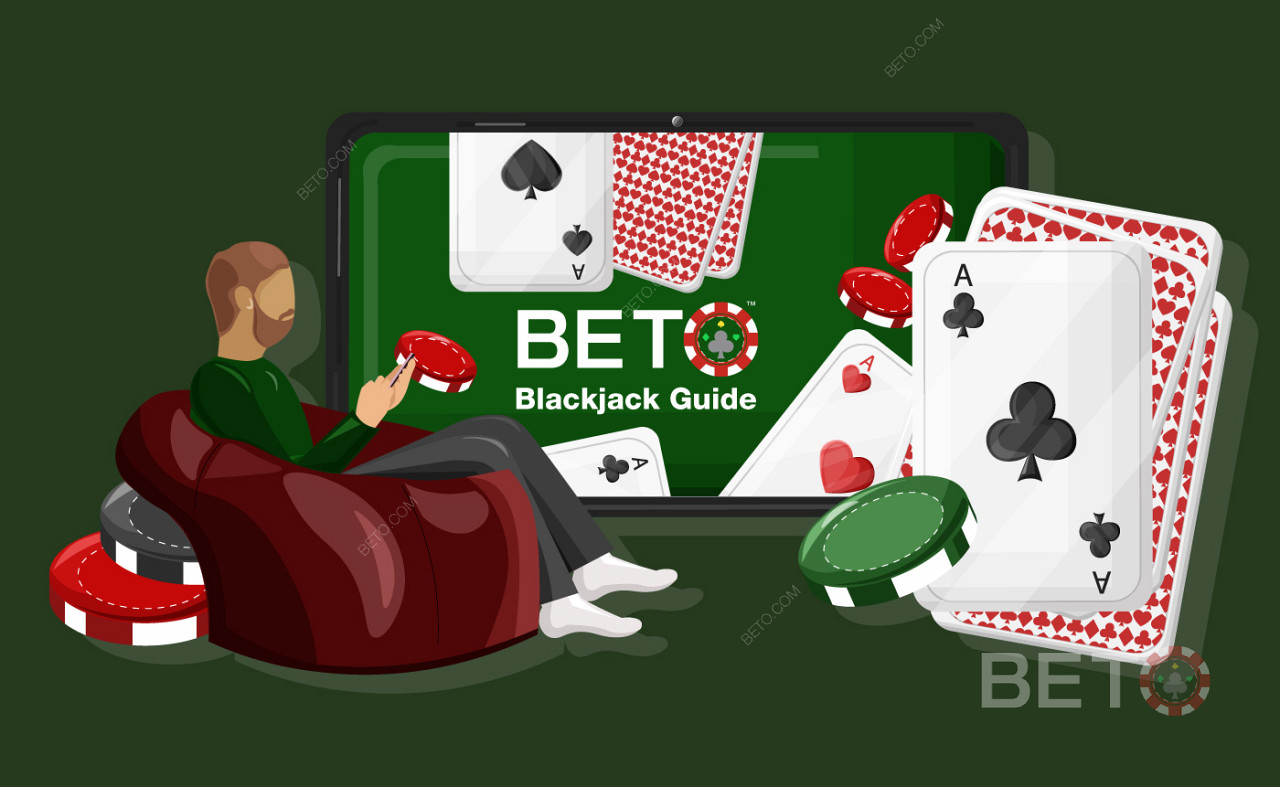Blackjack Basics
When playing Blackjack, the main objective is to have a hand value closer to 21 than the dealer without exceeding it. Each player is dealt two cards, and the dealer also receives two cards, one face-up and one face-down. Players can choose to “hit” to receive another card or “stand” to keep their current hand.
The value of cards in Blackjack is straightforward to understand. Number cards are worth their face value, face cards (King, Queen, Jack) are each worth 10, and Aces can be either 1 or 11, depending on what benefits the player’s hand. It is essential to keep track of your hand value to make strategic decisions effectively during the game.
Understanding the Rules of Blackjack
In blackjack, the objective is to have a hand value closer to 21 than the dealer without exceeding it. Players are dealt two cards initially and have the option to ‘hit’ (take another card) or ‘stand’ (keep their current hand). Aces can be counted as either 1 or 11, face cards are worth 10, and numbered cards retain their face value.
Once all players have completed their turn, the dealer reveals their down-facing card and must hit until they reach a total of 17 or higher. If the dealer busts (exceeds 21), all remaining players win. However, if the dealer’s hand is closer to 21, they win. Ties result in a ‘push,’ and players retain their bet for the next round.
Knowing the Value of Cards in Blackjack
In blackjack, understanding the value of cards is essential to mastering the game. Each card carries a specific numerical value, with numbered cards worth their face value, face cards (King, Queen, and Jack) worth 10 points each, and Aces holding a value of either 1 or 11 points, depending on what works best for your hand. When calculating the total value of your hand, it’s crucial to keep track of these values to make informed decisions during gameplay.
Having a clear grasp of the value of cards allows players to strategize effectively and make calculated moves. Knowing that a hand with a total exceeding 21 points results in a bust, players need to weigh the risk of taking additional cards against the potential to improve their hand. By understanding the intricacies of card values, players can make informed choices to increase their chances of beating the dealer and coming out on top in the game of blackjack.
The Importance of Strategy in Blackjack
Having a sound strategy is crucial in blackjack as it can significantly affect your chances of winning. Without a proper plan in place, you may end up making hasty decisions that could lead to unnecessary losses. By understanding the basic strategies of when to hit, stand, double down, or split pairs, you can make more informed choices during gameplay.
Developing a solid blackjack strategy also involves knowing how to manage your bankroll effectively. By setting limits on your bets and sticking to them, you can avoid reckless spending and extend your playtime at the table. Additionally, adjusting your strategy based on the cards you and the dealer are dealt can give you a competitive edge and improve your overall performance in the game.
Tips for Placing Bets in Blackjack
When it comes to placing bets in Blackjack, it is crucial to start with a clear understanding of your bankroll. Analyze your budget and determine a reasonable amount that you are comfortable wagering. Remember that betting within your means is essential to ensure an enjoyable gaming experience without putting unnecessary financial strain on yourself.
Additionally, consider the table limits before placing your bets. Different Blackjack tables have varying minimum and maximum bet amounts. It is advisable to choose a table with limits that align with your budget to avoid betting more than you are comfortable losing. By being mindful of the table limits, you can strategically place your bets and maximize your gameplay in a controlled manner.















